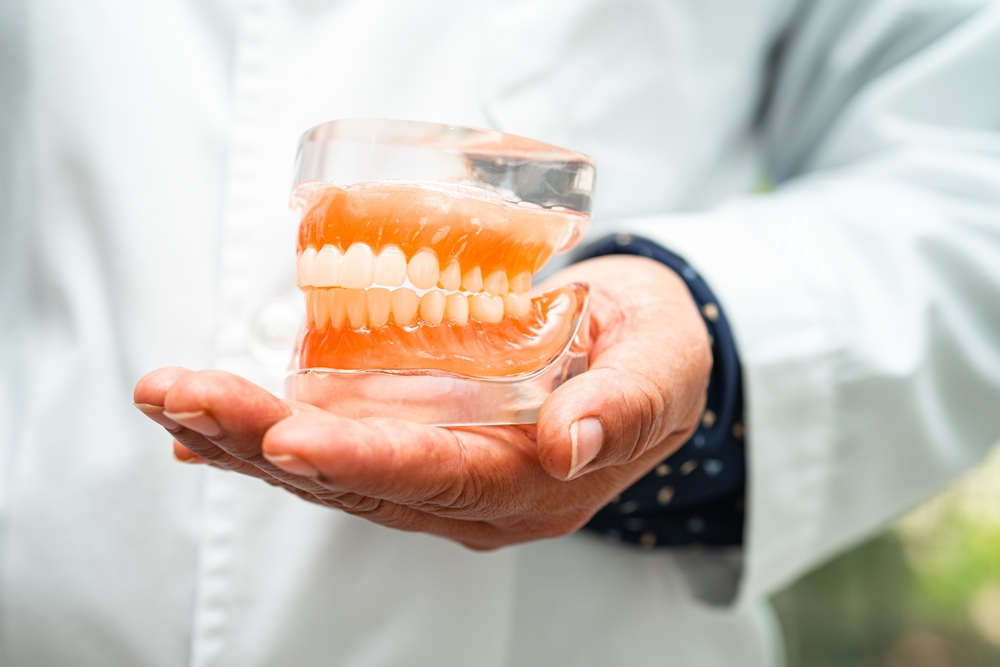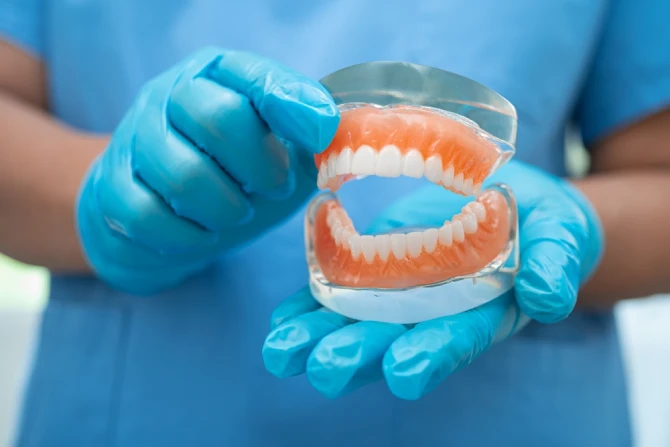
COMPREHENSIVE ASSESSMENT
Dental Crowns & Bridges Castle Hill
Crown and bridges are both restorative dental treatments for severe decay, root canal therapy, and some sporting injuries.
Dental Crowns
Crowns act as a ‘cap’ or ‘helmet’ for your original tooth.
The original tooth is reshaped to allow the crown to be secured perfectly and is made of porcelain or ceramic. The colour of the crown can also be texture and colour matched to the existing teeth.
Dental Bridges
Bridges are also designed to ensure your teeth function as normally prior to decay or injury. Bridges are used to fill the gaps of missing teeth by fitting a tooth attached to two crowns that are located on each side of the gap.
At Beyond Infinity Dental – Castle Hill, we provide a comprehensive assessment and determine the most suitable crown for you. Book today for your consultation.
Disclaimer: Any surgical or invasive procedure carries risks. Before proceeding, you should seek a second opinion from an appropriately qualified health practitioner

Renew Your Smile
Crowns/Bridges Castle Hill
Renew your smile with our dental crowns and bridges, suitable for treating severe tooth decay, sports injuries, and more.
Our dental practice delivers effective treatments designed to restore function and beauty so you can enjoy a healthy smile.

Why Crowns/Bridges Castle Hill
Discover the effective power of crowns and dental bridges in Castle Hill with Beyond Infinity Dental. Our expert team offers tailored solutions to repair severe natural tooth damage, restore dental health, and enhance the appearance of your smile.
If you’re looking for trusted dental care in Castle Hill, we are here to provide you with the highest-quality treatments. With our advanced techniques and personalised care, you’ll experience an blend of function and aesthetics. Trust us to help you achieve a healthy smile with our high-quality crown and bridge treatments.
Protect Other Teeth From Dental Emergency
Dental crowns and bridges restore damaged teeth and protect adjacent teeth from potential emergencies. Replacing a missing tooth or reinforcing weakened natural teeth prevents further issues and safeguards your oral health.
With our expert crown and bridge treatments, you can ensure your remaining teeth stay strong and resilient against future damage, giving you a durable smile.
Protect your teeth and enjoy lasting comfort with our advanced restorative solutions.

What materials are employed in dental crowns and bridges?
Dental crowns and bridges can be designed from various materials, including porcelain, ceramic, and more. The choice of material depends on factors such as the location of the restoration, your dental needs, and your aesthetic preferences.
Does insurance cover dental crowns and bridges?
Coverage for dental crowns and bridges can vary depending on your insurance plan. Many dental insurance policies cover a specific amount of the cost of these restorative treatments. It’s best to verify with your insurance provider to understand your eligibility and any out-of-pocket expenses.
Can dental crowns and bridges be removed?
While dental crowns and bridges are supposed to be a long-term solution, they can be removed if necessary. If a crown or bridge needs to be replaced or repaired, your dentist will carefully remove it and discuss the best options for your continued care.
Will getting a dental crown or bridge affect my speech?
Most patients do not experience significant changes in speech after receiving a dental crown or bridge. If you notice any speech difficulties, they are usually temporary and should resolve as you adjust to the new restoration. If issues persist, consult your dentist for an evaluation.
How often should I get my dental crown or bridge checked?
Regular dental check-ups are important for overseeing the health of your crowns and bridges. During routine visits, your dentist will monitor the condition of your restorations and recommend any necessary adjustments or replacements to ensure they continue to function effectively.
How long do dental crowns typically last?
Dental crowns are made with longevity and durability in mind. Depending on the material used, dental hygiene habits, and where the crown is placed in the mouth, they may survive for many years. Regular dental check-ups and proper dental care may extend the lifespan of your crown.
Can dental crowns be repaired if they get damaged?
If a dental crown becomes chipped, cracked, or damaged, it may need to be replaced rather than repaired. Sometimes, minor adjustments can be made, but it’s important to consult your dentist to determine the best course of action.
Are dental crowns and bridges the only options for replacing missing teeth?
While crowns and bridges are effective solutions for dental issues, other options exist, such as dental implants, if you are required to replace missing teeth. Your dentist can help you explore these alternatives based on your needs and preferences.
How do I care for my dental crown or bridge?
Maintaining correct oral hygiene, including brushing and flossing twice daily with fluoride toothpaste and dental check-ups and cleanings, is essential to caring for dental crowns and bridges. Another way to preserve healing is to avoid hard or sticky meals.
What should I do if I experience discomfort with my new crown or bridge?
Some minor discomfort or sensitivity is normal after receiving a new crown or bridge, but it should subside within a few days. If you experience persistent pain, discomfort, or issues with your bite, contact your dentist for an evaluation and potential adjustments.
Can dental crowns or bridges be used to correct bite problems?
Dental crowns and bridges can enhance the function of your teeth and restore your bite, but they are not designed to correct complex bite problems or misalignments. For bite issues, additional treatments such as orthodontics may be necessary.
Can I eat normally after getting a crown or bridge?
After the initial adjustment period, you should be able to eat naturally with your crown or bridge. However, avoiding very hard, sticky, or chewy foods is best to prevent damage until you are fully accustomed to your new restoration.
Are there any special considerations for crowns and bridges for patients with bruxism (teeth grinding)?
Patients with bruxism may need extra care with their crowns and bridges, as grinding teeth can cause excessive wear or damage. Your dentist may recommend a night guard or other protective measures to safeguard your restorations.
Note: Any surgical or invasive procedure carries risks. Before proceeding, you should seek a second opinion from an appropriately qualified health practitioner.
Book with Beyond Infinity Dental Today
We go above and beyond to provide the very latest advances in dental medicine to give patients the treatments they need for ongoing dental health and well-being.


